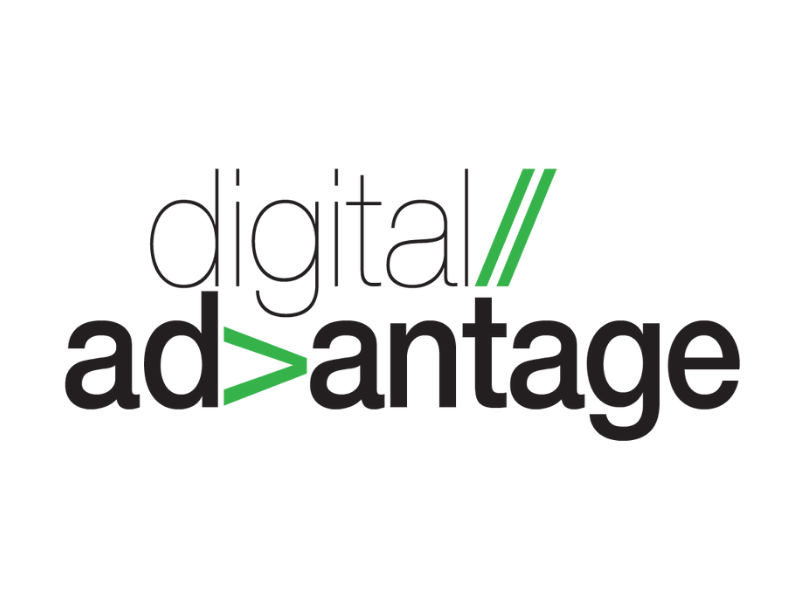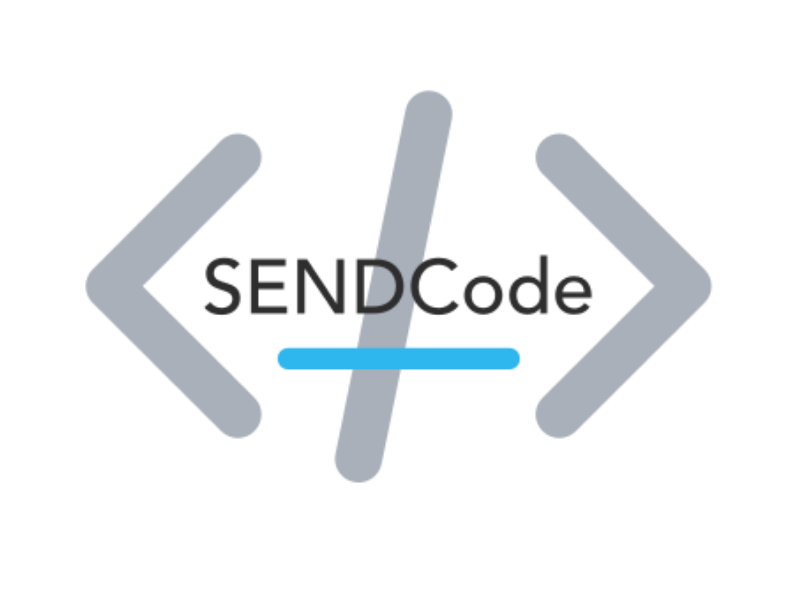Ian MacArthur
Diane Modahl
Preparing Young People for the World of Work – in this episode we speak to Diane Modahl, Founder of the Diane Modahl Sports Foundation and Chair of Greater Manchester’s Young Person Guarantee. We look at her journey – through her initial interests in athletics, through to the Olympic Games, and her later passion to support young people into their career and beyond.
Listen for Chatter about Diane Modahl’s first experience of employment, the key findings from the GM Young Persons Guarantee, and advice for organisations moving forward – to become more inclusive and build back stronger.
"Young people have always been clued up, but now more than ever they want to align themselves with brands, with businesses, with organisations who are authentic, who reflect them."
Subscribe now for free: Apple Podcasts | Spotify | RSS Feed
Over the past 4 years, Digital Advantage and SENDCode have developed a range of programmes and interventions designed to support young people with Special Educational Needs and Disabilities (SEND) in the digital economy. We’ve worked together to develop skills, knowledge, and confidence and to provide pathways into creative and digital jobs. Between us, we have worked with over 200 young people with SEND and activated our networks of employers to set about our mission to increase employment and self-employment opportunities in the digital economy.
“This is Manchester, we do things differently here”- AH Wilson
We believe that new, innovative solutions will begin to solve the problems around SEND unemployment, for example, the shocking statistic that only 16% of autistic adults are in full-time employment, despite 77% wanting to work (National Autistic Society). As a result:
- We’ve developed school and college programmes and provided bespoke support for young people who are Not in Education, Employment or Training (NEET).
- We developed the UK’s first Digital Supported Internship with The Manchester College with 90% of students achieving a positive outcome.
- Our Removing Barriers to Apprenticeship programme is producing real results, with people moving into employment and getting back into education.
- We’ve developed new ways of working remotely during the pandemic that provides flexibility, engagement and effectiveness for isolated young people and employers keen to engage with a new talent pool.
- We’ve worked with the University of Manchester to develop a Neurodiverse approach for measuring the progress of our learners - for which they provided their own desired outcomes, rather than those traditionally used to measure success.
Impact of Digital Advantage and SENDCode in Greater Manchester
Our partnership has been really effective; we’ve been delivering two programmes supporting young people with SEND:
- 18-30 year olds with SEND who are NEET, and wish to upskill and move into creative and digital jobs.
- 13-18 year olds currently attending school//college with a keen interest in creative and digital subjects and benefit from a day per week with the SENDCode/Digital Advantage team, at our City Centre location. Here they are able to build:
- Technical skills and expertise in their favoured area, e.g., web or game design
- Access industry standard software and guidance
- Core employability skills - professional etiquette, presentation, resilience, meeting deadlines, socialisation, travel training
- An online portfolio to be used as a showcase to prospective FE/HE providers and/or employers in future
- Confidence at meeting and interacting with prospective employers through regular networking sessions, professional visits, inspirational talks and interview coaching.
What next? - The GM Supported Digital Skills Hub
We are increasingly convinced that the best intervention and support that we can make is a flexible extended work experience (supported by technical training) based around the individual needs of each young person. Whilst every young person joining our Supported Digital Skills Hub, based at Federation House will receive the same level of support from us, what that looks like can and will differ.
The key for us is to work with each young person at their own developmental pace from the outset to ensure they reach their full potential. We will also work closely with the schools and colleges, local authorities and our partner organisations such as Push Doctor, InfinityWorks, Autotrader and COOP Digital to provide meaningful employer interactions and digital work experience.
Case Study
To truly understand the impact and success our collaboration has had, we’ve summarised it through the user journey of one of our learners.
- D joined the programme in 2020 for remote sessions on digital upskilling and to develop a portfolio. He was socially isolated and had been NEET since finishing college in 2019. He had never travelled into Manchester, even with his family or other support.
- He had Level 3 qualifications in Game Design and Computing. He had barriers from a socio-economic point of view and had no PC to work on, so initially he engaged via his phone with Google Hangouts text chat and completed the iDEA Bronze using this.
- Eventually, we supported him alongside the DWP to get a PC with a webcam. He then agreed to be supported to travel into our Manchester studio. It took several months with little steps - initially meeting at Ashton Tram Station and then going home, this lasted for a couple of weeks, before he agreed to come into the studio (when empty) with SENDCode’s Lead Trainer.
- This carried on for a month or two and then he began to come in on his own on Fridays, to meet everybody else, and built some good friendships and working relationships. He has now applied for and been offered a Kick Starter position with Manchester University Foundation Trust, in the Informatics Department and will be travelling by tram to Wythenshawe to work - independently!
We believe we’re using our collective experience to develop something that is both innovative and effective; fit for the 21st-century working environment and all the changes that have been accelerated by COVID.
The challenge now is twofold; i) for employers to recognise this significant talent pool and open up to the substantial state support that is available to them to employ someone with SEND, ii) for funding bodies including the ESFA, schools, and colleges, to exercise some of the flexibility that already exists within the system to explore new ways of funding innovation in the sector.
It can be done, it needs incremental change to achieve significant gains. As Mr Wilson said, ‘This is Manchester, we do things differently here.” So let’s do it differently. Get in touch to find out how you can get involved.
Contact:
Seamus Mannion seamus@sendcode.org.uk
Andy Lovatt andy@digitaladvantage.org.uk

